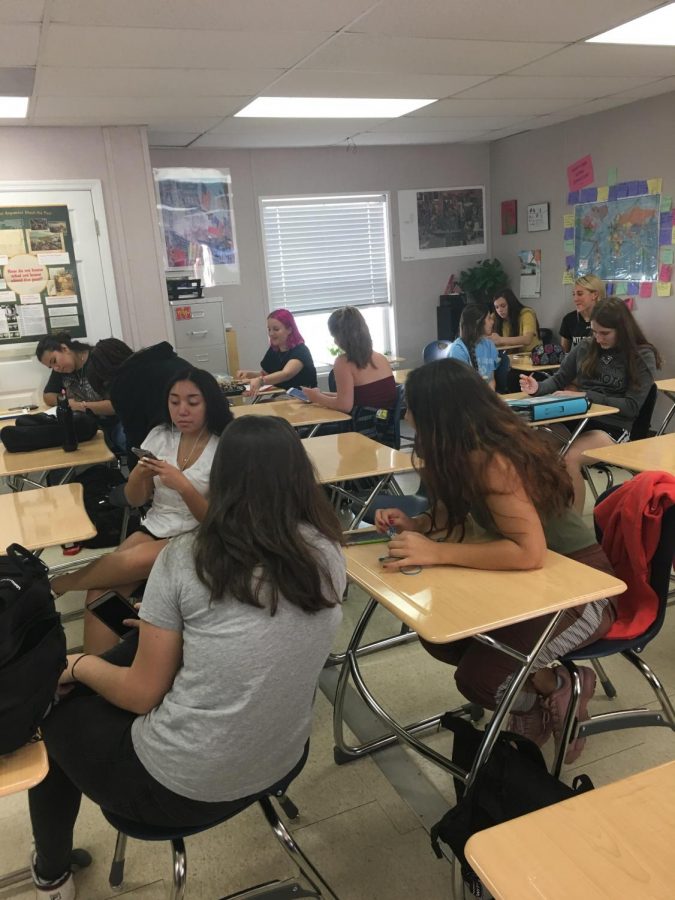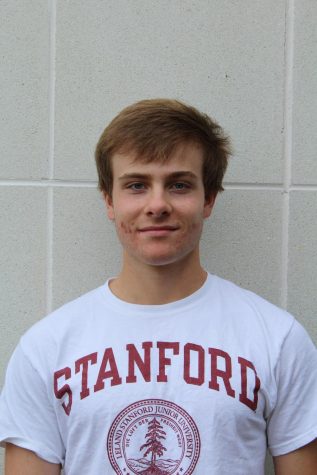The Montgomery County Public School system (MCPS) is filled to the gills with guidelines, standards to be met, ever-changing curriculums and testing. These austere curriculums provided by MCPS, in addition to guidelines and curriculum created by the College Board for Advanced Placement classes, leave teachers in a middle-man position; how do teachers meet all their required guidelines, while presenting the information in an individualized, engaging manner?
History teacher David Uhler acknowledges this dilemma and believes teachers should always strive to use their personality and interact with students.
“The county is always coming up with new curriculum, which is very difficult to keep up with,” Uhler said. “I try to, and believe teachers should always try to still insert their personality and not forget to pause and take a moment to point out something unusual or funny. It’s always good to interact with students on an individual level.”
Not all classes are under such scrutiny from the College Board and MCPS. History teacher Alison Hoefling helped found the Women’s Studies class in MCPS.
“This is the women’s studies class’ first year at WJ. The class started in Montgomery County two years ago at Blair, a couple schools picked it up last year, and now the class is available to all MCPS schools.” Hoefling said.
“I helped write the curriculum this past summer. It was started at Blair by two teachers who did the outline for it, and five or six teachers got together later to finish it,” Hoefling described. “We used different university and high school curriculums to help craft the MCPS Women’s Studies curriculum.”
MCPS isn’t too strict with elective classes, but does require teachers to create a curriculum to be used roughly across the board, and the classes must meet MCPS guidelines. Athletic Director Tom Rogers teaches and helped expand the Honors Forensics course at WJ. Rogers wasn’t the first to teach the class at WJ, but learned fast.
“There was a pilot forensics class that I sat in on, and when that teacher moved I took over teaching the class,” Rogers said. “The class has grown.t’s been super popular.”
Similar to what Hoefling described, Rogers explained how the curriculum can be played with; especially when teachers have more knowledge in one area over others.
“A group of teachers created the curriculum, but it’s very flexible because different people have different areas of expertise. A lot of the schools teach the same concepts, but in a different order,” Rogers explained. “My strength is in bloodstain pattern analysis allows me to spend a little more time on there than someone else who doesn’t have that, but have more experience in a different field of forensic science.”






















![Students begin a practice Kahoot for French class. Walter Johnson offers a total of six languages including American Sign Language, Chinese, Italian and more, giving students the opportunity to explore different languages and cultures. “I switched [from Spanish] to Latin freshman year and I love it,” junior Abigial Samuels said.](https://www.wjpitch.com/wp-content/uploads/2024/10/IMG_0976-1200x675.jpg)














